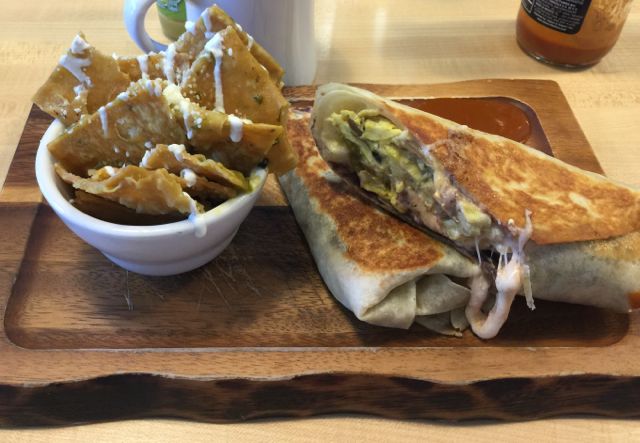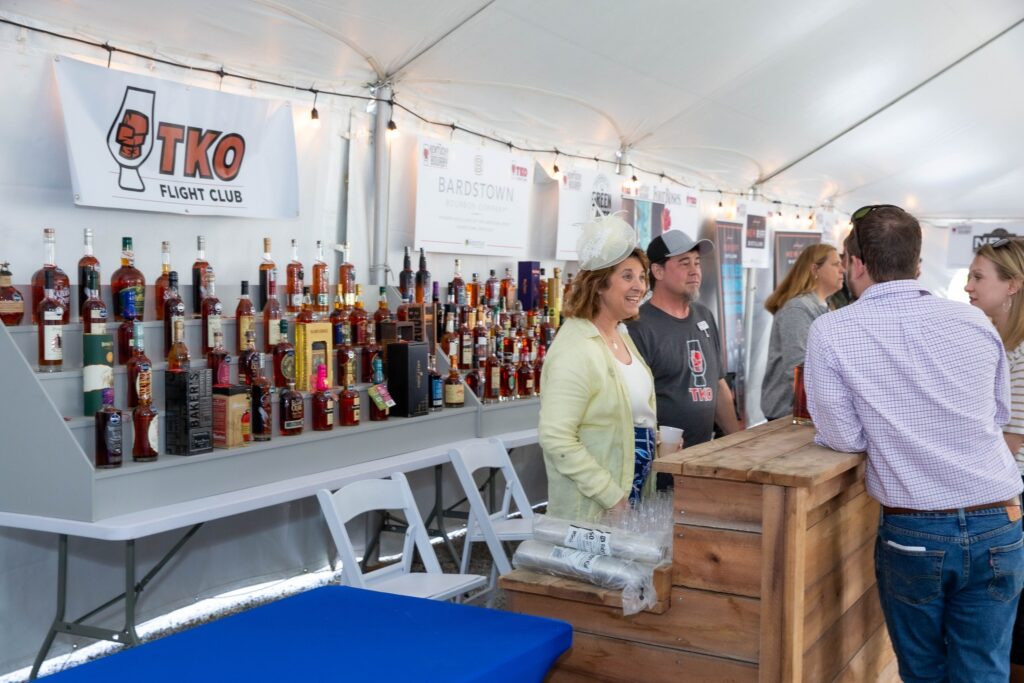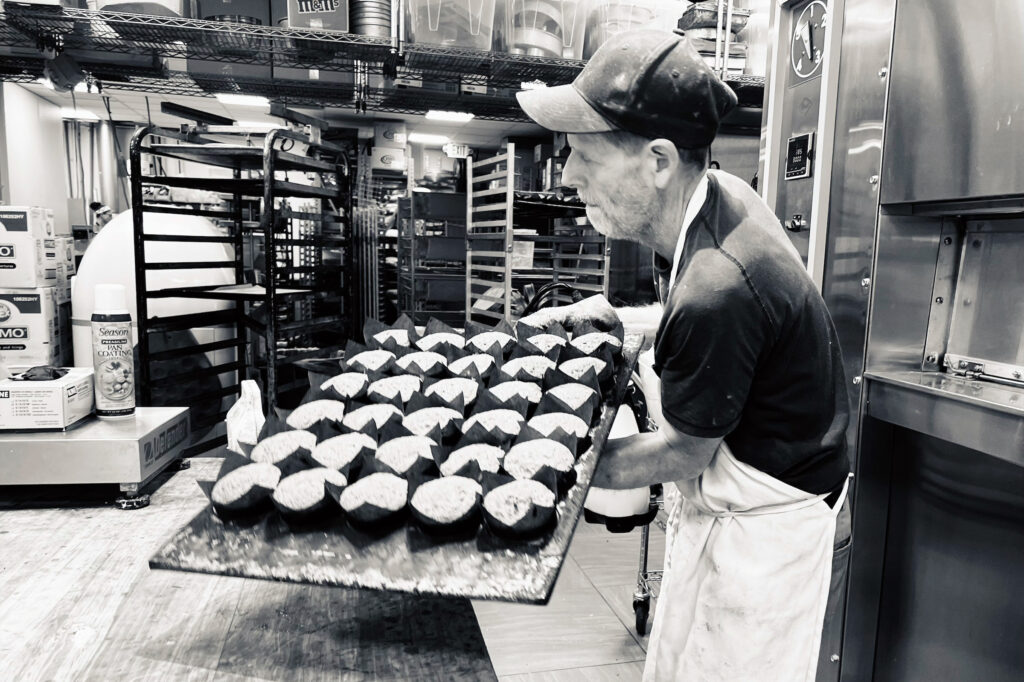You gotta love candor when the subject matter is tough, and Beau Kerley, general manager and partner at Germantown Craft House, laid it on thick regarding Monday’s abrupt closure of the four-month-old local foods and craft beer-centered restaurant.
“We got it wrong here, and we can learn from our mistakes for sure,” said Kerley, who’s partner in the venture is Pat Hagan, founder of the venerable Bluegrass Brewing Co. “I’ve opened three restaurants with Pat, and this hasn’t happened before. But sometimes you just get it wrong.”
Kerley told his staff of the closure on Dec. 12. They’ll work to blend those employees into the BBC ranks, as well as the Crescent Hill Craft House, the model for the Germantown version. Not wanting to layoff anyone during the holidays, he’d hoped to hold on and get through the end of the year. But since the brand would be limping at best, he and Hagan decided starting over as fast as possible was the best game plan.
“We can’t share all the details right now on the new concept, but it’ll be a fusion-smokehouse kind of deal,” he said, adding that the overhaul should be completed and the restaurant reopened by the third week of January. “You’ll see a lot of smoked pieces, brisket and maybe pulled pork, but also some ramen bowls.”
Unlike the Craft House’s dinner-only format, the new concept will serve lunch as well. It’ll also have a decidedly more casual feel, including an indoor game room, a new line of frozen bourbon drinks, and fewer craft beers (i.e. a list more populated with better-known domestics).
“This neighborhood is dominated by Monnik, and they’re doing an awesome job,” he said, adding that prices overall will be appropriately lower. “So I don’t know if this area needs another microbrew spot.”
So why did Germantown Craft House fail so quickly? Kerley cited many reasons, not the least of which was its duplication of the Crescent Hill Craft House. That operation was so successful that he and Hagan believed a second one would do as well in another neighborhood. In the end, the second Craft House cannibalized sales from the first, leaving both underperforming.
Though sales at the Germantown Craft House took off at its summer opening, they fell precipitously thereafter and never recovered. Kerley said the team struggled some trying to manage the all-local foods menu, and guests didn’t quite embrace it.
“But the main reason, as far as financials go, is we probably went a little overboard on the building,” Kerley said.
Lots of truth in that. If you haven’t been there, the space is just gorgeous: sleek and modern, a real showpiece anywhere, not just in blue collar Germantown.
“To make money, though, we had to do more sales than we were capable of doing,” he said.
Kerley dismissed critics’ claims that the spot was too expensive for Germantown, citing staples like Eiderdown and Hammerheads as pricier.
“I really don’t think it was overpriced for the neighborhood,” he said. That it failed “is more of a reflection of us than the neighborhood. … We just couldn’t get the sales up to where we needed them to be.”










